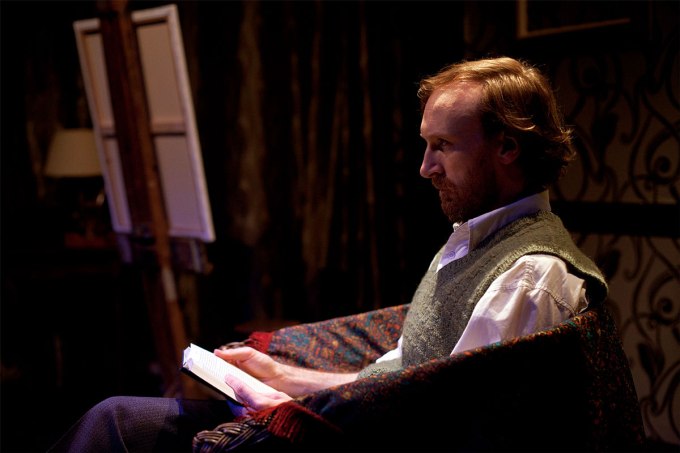Why we love it
Comedy is the most fickle of genres – what’s funny to one generation so often leaves the next at best baffled, at worst squirming with embarrassment. So when a comedy lasts more than 250 years, you know it has to be something special.
Such is the case with Carlo Goldini’s Servant of Two Masters – written in 1743 and reinvented endlessly ever since. The latest – and most wildly successful – of these reimaginings is Richard Bean’s One Man, Two Guvnors, a hilarious new take on the classic, that draws its energy from the anarchic spirit and finely tuned character types of the original, and then runs amok with the story.
So what’s the play about? Not an easy one to answer since this is, essentially, chaos from beginning to end. The setting has been updated to the criminal underworld of Brighton in 1963, where unemployed skiffle player Francis Henshall finds himself working for the eponymous two masters. One is Rachel Crabbe, a woman disguised as her own deceased (male) twin, the other a toff named Stanley Stubbers who not only killed Crabbe’s twin, but is also her (secret) lover. As neither master knows the other is in Brighton, Francis has to juggle the demands of his two employers without either finding out – even when he has to serve them both dinner at the same time.
Phew.
Why we think you should do it
New ensemble farces don’t come along often these days, especially not ones written with the precision, energy and sheer infectious joyfulness of One Man, Two Guvnors. The script offers a large cast of comic actors the chance to shine in a variety of brilliant character roles.
The play was a huge hit when it debuted at The National with James Corden in 2011, and has since enjoyed continued success in a long-running West End transfer and on national tours.
Video
Reviews
‘Comic perfection’
Daily Telegraph
“A triumph of visual and verbal comedy. One of the funniest productions in the National’s history”
The Guardian
‘Of all the feelgood shows in London, this is the funniest’
Sunday Times
‘The funniest show in the western world’
Daily Mail
To find our more about how your group can perform One Man, Two Guvnors, visit our website or call our licensing team on 020 7255 4301






